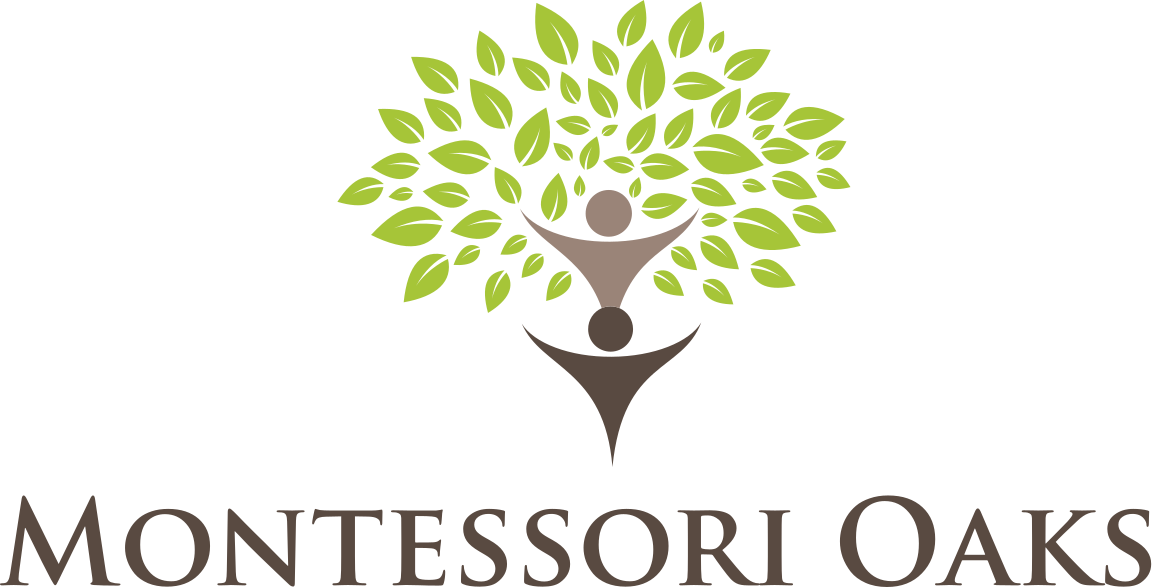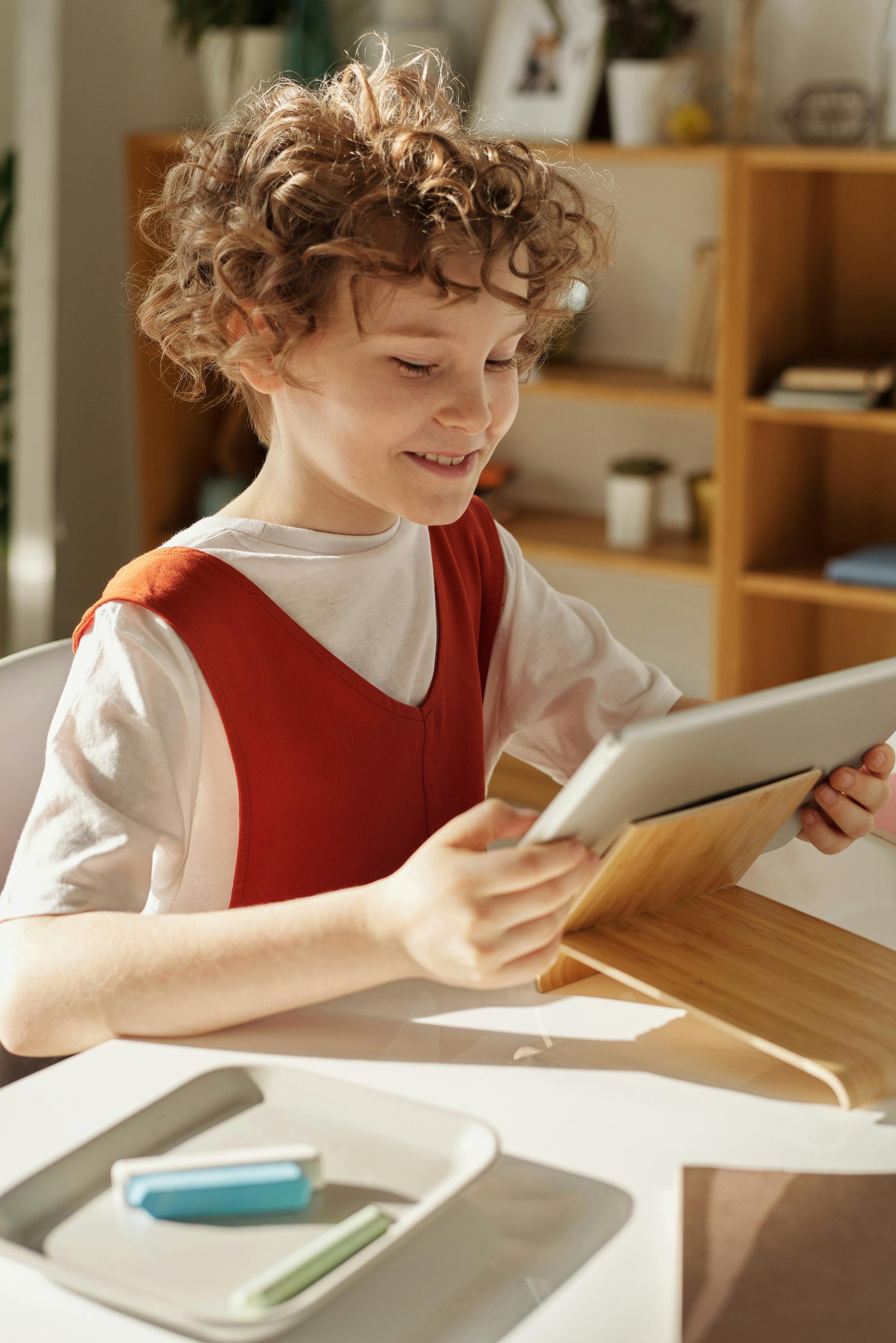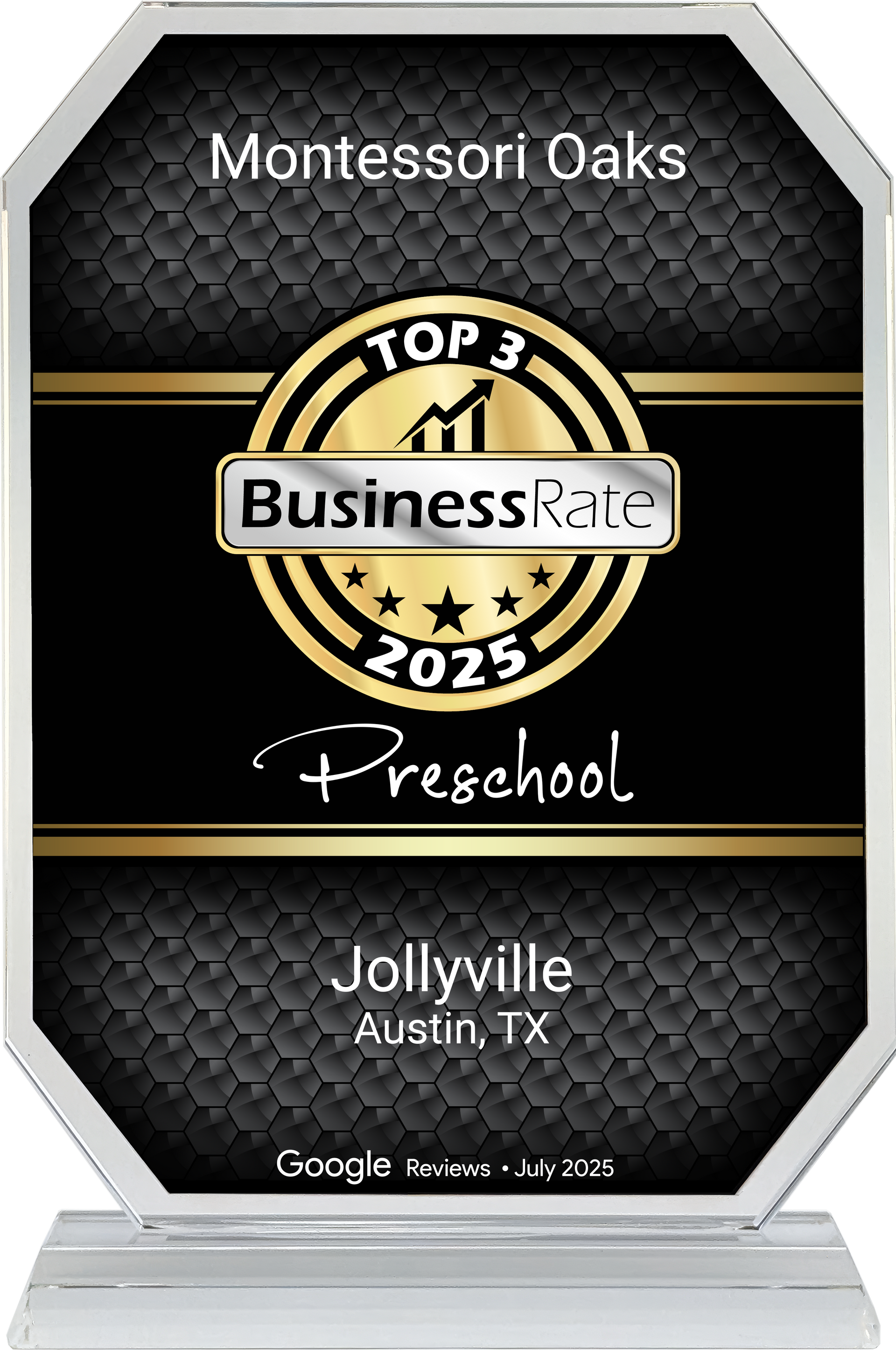Blog

The Latest from Our Blog
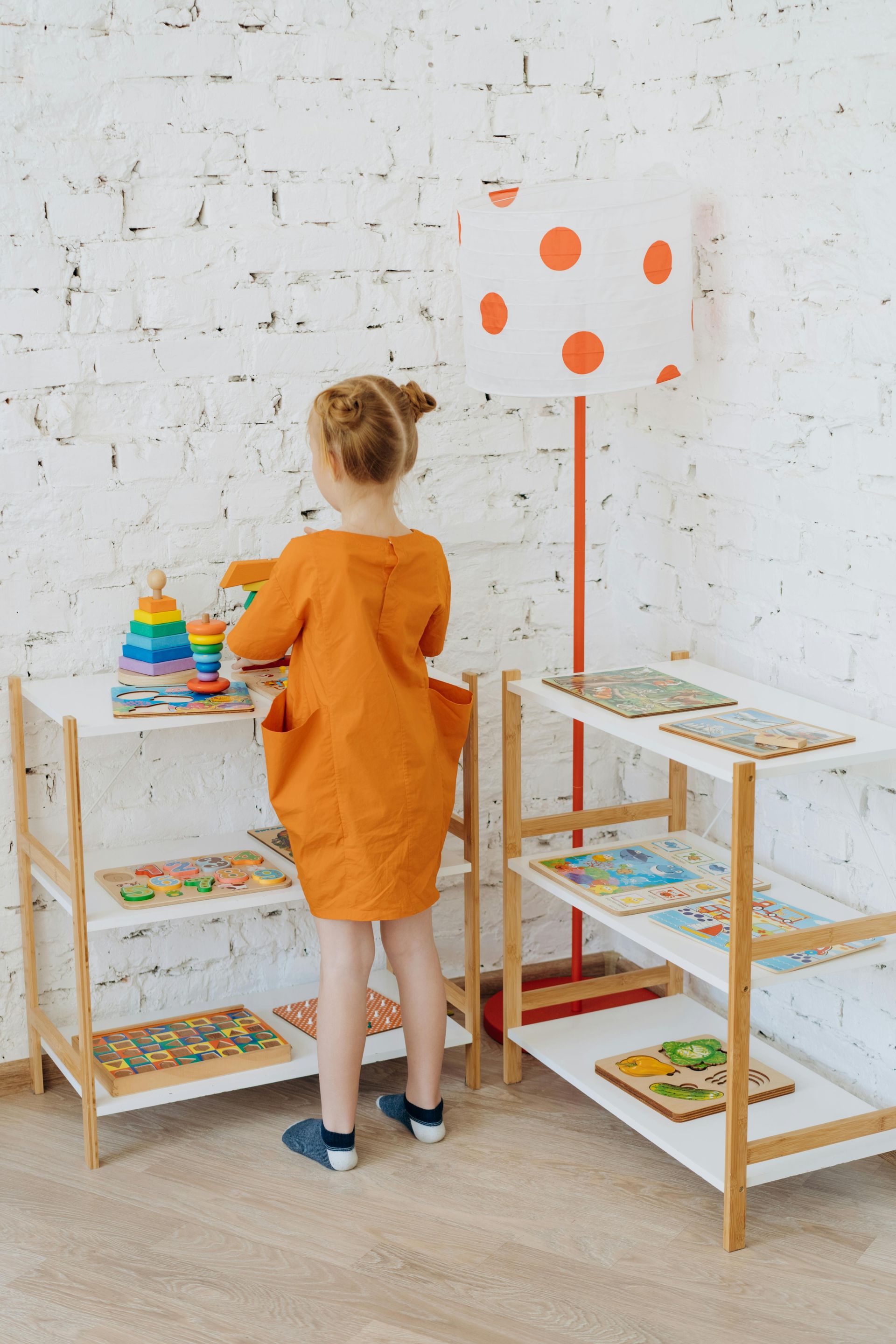
Why Staying in Montessori Preschool is the Best Choice for Your Child’s Early Years As your child approaches Pre-K age, you may be wondering: Should we continue Montessori or switch to public school? While public Pre-K programs can offer structured academics, keeping your child in their Montessori preschool provides unmatched developmental, emotional, and academic benefits—especially during these foundational years. 🧠 1. Consistency Builds Confidence Montessori education is designed for consistency, allowing children to remain in the same learning environment, with familiar teachers and peers, as they grow. This consistency fosters emotional security and enables children to assume leadership roles, particularly in their third year—something public Pre-K often lacks. 🎯 2. Individualized Learning vs. One-Size-Fits-All Public Pre-K often uses a standard curriculum with limited flexibility. In contrast, Montessori education tailors learning to each child’s pace, interests, and readiness. Children are not rushed through milestones—they're given the space to master concepts deeply and joyfully, especially in critical areas like math, reading, and problem-solving. 🧩 3. Hands-On Learning That Sticks Montessori students use beautifully designed materials that teach through touch, exploration, and repetition. This concrete learning approach leads to stronger understanding and retention—far more than traditional worksheets or passive instruction. 🌱 4. Development of Soft Skills & Independence While public Pre-K may focus on academics and classroom management, Montessori prioritizes life skills, emotional regulation, and independence. Your child is learning how to focus, clean up after themselves, prepare snacks, resolve conflicts, and choose purposeful work—all tools that serve them for life. ⏳ 5. Why Disrupt a Good Thing? Transitioning to a new school, new teacher, and new learning style right before Kindergarten can be jarring. Staying in Montessori provides a smooth and secure developmental path, leading to a more confident and well-prepared grade school Student. 💬 Final Thought: While public Pre-K may be free, the value of staying in Montessori is priceless. The long-term benefits of deep learning, emotional growth, and joy in discovery will serve your child far beyond preschool. Montessori Oaks is proud to support your child’s journey—at their pace, in a community that sees their greatness. 🌿
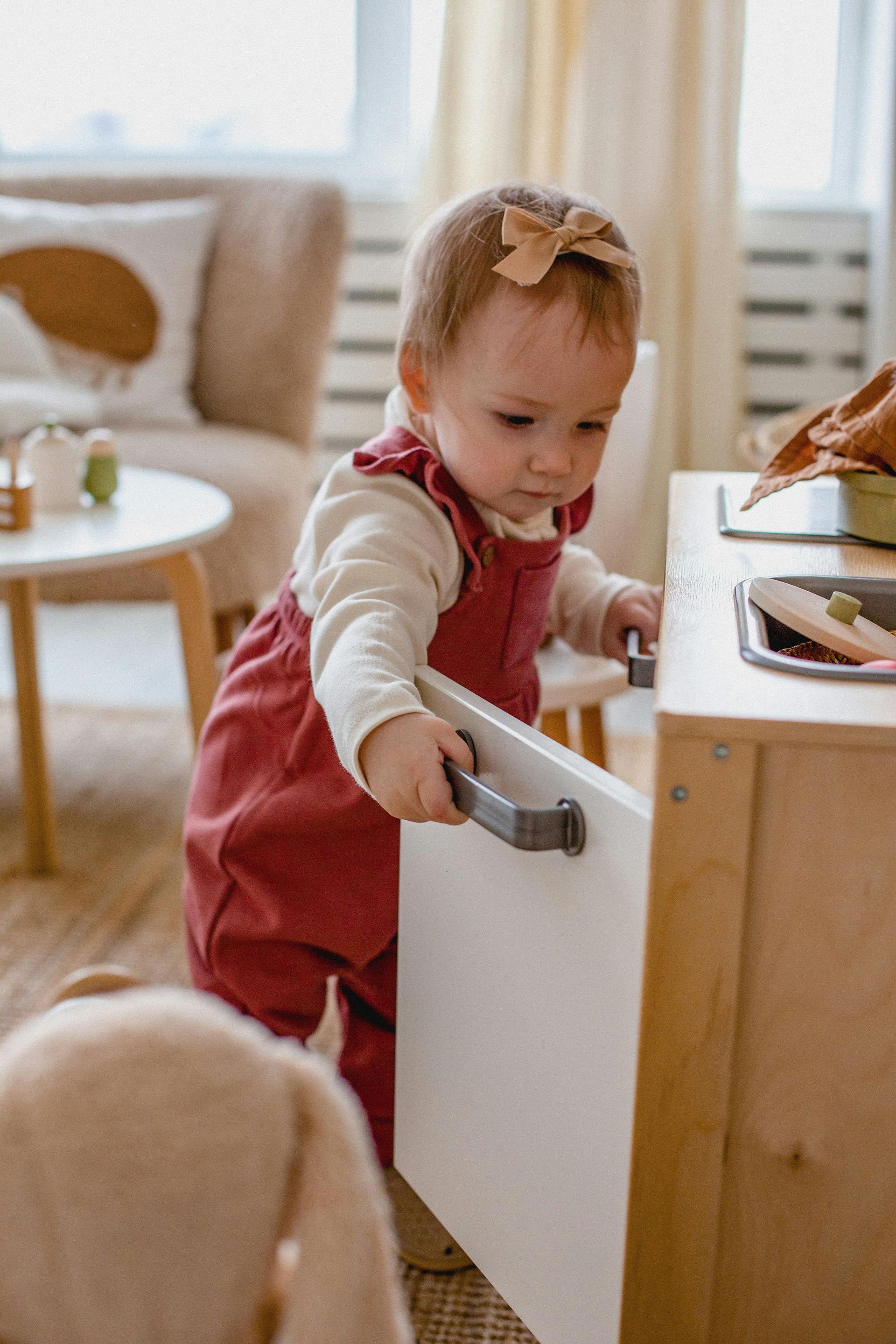
The Benefits of Starting Montessori Education as Infants Choosing the right educational environment for your child is one of the most important decisions parents can make. For families seeking a nurturing, holistic approach to early learning, enrolling their child in a Montessori school as an infant offers unparalleled benefits. Montessori education, grounded in over a century of research and practice, is designed to support each child’s natural development from the very beginning. Here’s why starting early in Montessori matters. Building Independence from Day One Montessori programs for infants focus on fostering independence. Through carefully designed activities, babies develop basic motor skills to explore their environment and begin practicing self-care tasks, like holding a spoon or cleaning up toys. These experiences lay the foundation for a lifetime of confidence and self-reliance. Encouraging Cognitive and Social Development The first three years of life are critical for brain development, and Montessori’s hands-on, sensory-rich environments maximize this period of rapid growth. Infants can explore age-appropriate materials to encourage problem-solving, creativity, and language development. Additionally, being in a community with other children helps infants develop social skills like empathy, sharing, and cooperation at an early age. A Calm, Nurturing Environment Montessori classrooms for infants are designed to be calm, safe, and stimulating. Unlike daycare settings, Montessori environments promote focus, order, and security. With consistent routines and loving, attentive caregivers, infants feel supported during the transition from home to school. Developing a Love for Learning One of the benefits of starting Montessori as an infant is instilling a natural love for learning. Montessori education encourages curiosity and exploration by allowing children to choose activities that interest them. This creates positive early learning experiences, shaping their attitudes toward education as they grow. The Long-Term Impact Starting Montessori as an infant sets the stage for future success. Children develop essential skills like focus, independence, and resilience that serve them throughout their lives. Additionally, early exposure to Montessori’s child-centered philosophy helps create confident, capable learners who thrive in any environment. Conclusion The first years of life are foundational, and Montessori education recognizes the importance of supporting infants during this critical time. By starting early, children benefit from an environment that fosters independence, cognitive growth, and a love for learning. Choosing Montessori for your infant isn’t just an investment in their education—it’s an investment in their future. At Montessori Oaks, we’re committed to helping your little ones grow into confident, curious, and compassionate individuals. Begin their journey with us today! 🌟
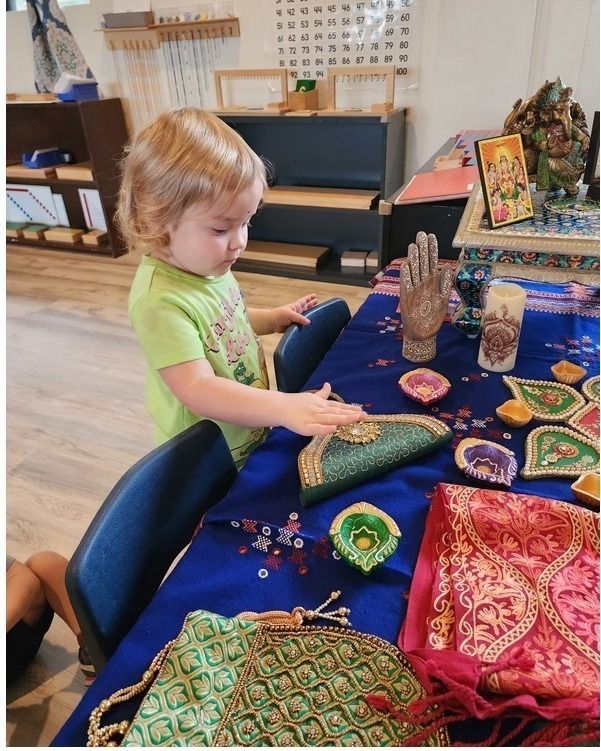
The Importance of Global Citizenship in Montessori Education: Introducing Kids to Different Cultures
The body content of your post goes here. To edit this text, click on it and delete this default text and start typing your own or paste your own from a different source.
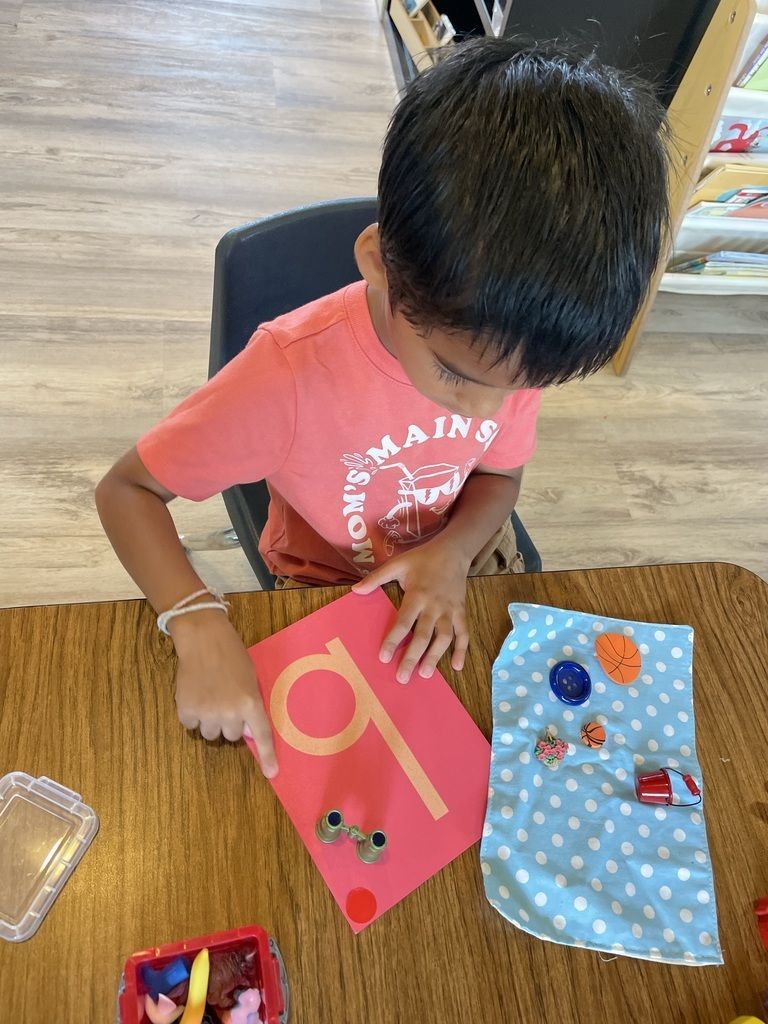
How Montessori Prepares Children for Kindergarten and First Grade Choosing the right preschool for your child is a crucial decision that will impact their educational journey. The Montessori approach, with its unique blend of child-led learning and hands-on activities, is often lauded for its effectiveness in preparing children for the academic and social challenges in kindergarten and first grade. Here’s how Montessori education makes a difference: Development of Independence and Self-Discipline One of the core principles of Montessori education is fostering independence in children. From an early age, children in Montessori classrooms are encouraged to make choices about their learning activities. They learn to manage their time, follow through on tasks, and take responsibility for their learning. This self-discipline translates into a smooth transition to kindergarten and first grade, where children have expectations to work independently and follow classroom routines. Hands-On Learning and Concrete Understanding Montessori classrooms have hands-on learning materials that help children grasp abstract concepts through concrete experiences. Montessori math materials, for example, the Golden beads, help children develop a deep understanding of numbers and the decimal system. These tactile learning experiences ensure that children are not just memorizing facts but are comprehending the underlying concepts. This solid foundation is invaluable in kindergarten and first grade, where more abstract thinking and problem-solving skills are required. Enhanced Social and Emotional Skills Montessori education places a strong emphasis on social and emotional development. Children work collaboratively, respect others, and resolve conflicts peacefully. Mixed-age classrooms, a hallmark of Montessori schools, allow younger children to learn from older peers and vice versa, fostering community and empathy. These social skills are critical for kindergarten and first grade, where children navigate group dynamics and build friendships. Cultivation of Curiosity and Love for Learning In Montessori classrooms, the curriculum ignites curiosity and a love for learning. Children are encouraged to explore subjects that interest them, which keeps them engaged and motivated. This intrinsic motivation is powerful as children move into more structured educational settings. Kindergarten and first-grade teachers often note that children from Montessori backgrounds are enthusiastic learners who approach new challenges with confidence and curiosity. Development of Fine and Gross Motor Skills Practical life activities like pouring, buttoning, and using tweezers are integral to Montessori education. These activities develop fine motor skills fundamental for writing and other classroom tasks in kindergarten and first grade. Additionally, Montessori schools often incorporate activities that build gross motor skills, ensuring that children are physically ready for the demands of more advanced learning environments. Strong Language and Communication Skills Montessori education places a strong emphasis on language development. At an early age, children develop rich vocabulary through storytelling, reading, and conversation. Montessori materials like Sandpaper Letters and Moveable Alphabet help children develop phonemic awareness and early writing skills. By the time they reach kindergarten, Montessori children are often proficient in reading and writing, giving them a head start in their formal education. Preparation for Academic Rigor Montessori education aligns with many academic skills required in kindergarten and first grade. The emphasis on sequential learning, where children build on previous knowledge, ensures a strong foundation. Montessori children often enter kindergarten with advanced math, reading, and writing, allowing them to excel in more structured academic environments. Conclusion Montessori education provides a holistic approach to early childhood development, ensuring that children are well-prepared for kindergarten and first grade. By fostering independence, hands-on learning, social-emotional development, and a love for learning, Montessori schools equip children with the tools they need for academic success and beyond. For parents seeking an educational approach that nurtures the whole child, Montessori offers a proven pathway to a bright and confident start in school.
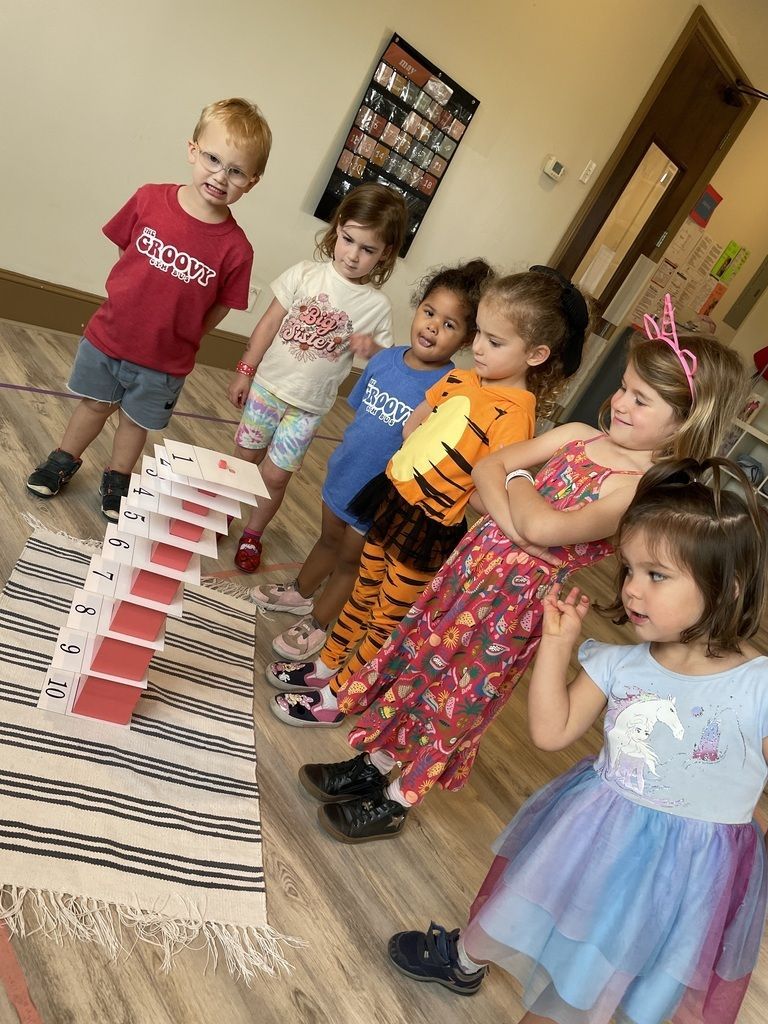
A Day in the Life of a Montessori Student: Experience Learning Through Their Eyes Montessori education stands out for its unique approach to fostering independence, creativity, and a lifelong love of learning. But what exactly does a typical day look like for a Montessori student? We will walk through a day in the life of a Montessori child, experiencing the rich tapestry of activities and learning experiences that define this educational philosophy. Morning Arrival: A Warm and Welcoming Start As students arrive at school, they greet their teachers, referred to as guides in Montessori terminology. The classroom environment, often called a prepared environment, is meticulously organized to be inviting and conducive to exploration. Children begin their day by placing their belongings in designated areas, fostering a sense of responsibility and order from the start of their day. Morning Work Cycle: Freedom Within Structure The hallmark of Montessori education is the morning work cycle, a dedicated period of uninterrupted time where children engage in self-directed activities. The morning work cycle typically lasts for three hours. During this time, students choose activities from learning areas, such as Practical Life, Sensorial, Math, Language, and Cultural Studies. Practical Life Activities: Building Essential Skills One child might start their day with a Practical Life activity, such as pouring water from a jug into cups or using tweezers to transfer small objects. While seemingly simple, these activities develop fine motor skills, concentration, and a sense of independence. Sensorial Exploration: Sharpening the Senses Another child might become drawn to the Sensorial area, where they explore materials like the Pink Tower or Color Tablets. These activities help children refine their senses and develop cognitive skills by comparing, contrasting, and categorizing attributes such as size, color, and texture. Math and Language: Hands-On Learning In the Math learning area, a child might work with the Golden Beads, learning about the decimal system through tactile manipulation of units, tens, hundreds, and thousands. Meanwhile, in the Language area, another child might be using Sandpaper Letters to trace and learn the phonetic sounds of the alphabet, laying the foundation for reading and writing. Group Time: Fostering Community and Communication Mid-morning, children come together for group time or circle time. Circle time is a period for communal activities such as singing songs, listening to stories, or sharing news. It’s a time for developing social skills, practicing listening, and participating in group discussions. Today, the guide might introduce a new cultural study topic, such as the Continents of the World, using a large map and engaging stories. Outdoor Play: Connecting with Nature After the morning work cycle, it’s time for outdoor play. Montessori education places a strong emphasis on connecting with nature. The children might spend this time exploring the garden, playing cooperative games, playing sports, or engaging in free play that encourages creativity and physical development. Lunchtime: Learning Beyond the Classroom Lunchtime is another learning opportunity. Children are often helping with setting the table, serving food, and cleaning up afterward. This routine instills a sense of responsibility and self-reliance. Conversations during lunch are encouraged, promoting social interaction and language skills. Afternoon Activities: Expanding Horizons The afternoon might involve activities including art, music, or science experiments. These activities enrich the children’s educational experience and allow them to explore different interests. Art and Creativity In the art corner, a child might paint a picture inspired by a recent nature walk. Art activities in Montessori are open-ended, encouraging self-expression and creativity. Music and Movement Music activities might involve singing, dancing, or playing simple instruments. These sessions help develop auditory skills, rhythm, and coordination. Science Exploration A group of children might gather around a table to conduct a simple science experiment, such as observing the reaction between baking soda and vinegar. Such hands-on activities ignite curiosity and a love for scientific inquiry. End of the Day: Reflection and Closure Children gather for a final group time to reflect on their activities and share their experiences. This time helps reinforce what they’ve learned and allows them to wind down before heading home. Conclusion: A Holistic Approach to Learning A day in the life of a Montessori student is a blend of structured activities and free exploring, guided by the child’s interests and developmental needs. This approach fosters academic skills and cultivates independence, social responsibility, and a lifelong love for learning. For parents considering Montessori education, this glimpse into a typical day highlights the unique and enriching experiences that await their children. By prioritizing the child’s natural curiosity and desire to learn, Montessori education truly empowers young minds to thrive and succeed.
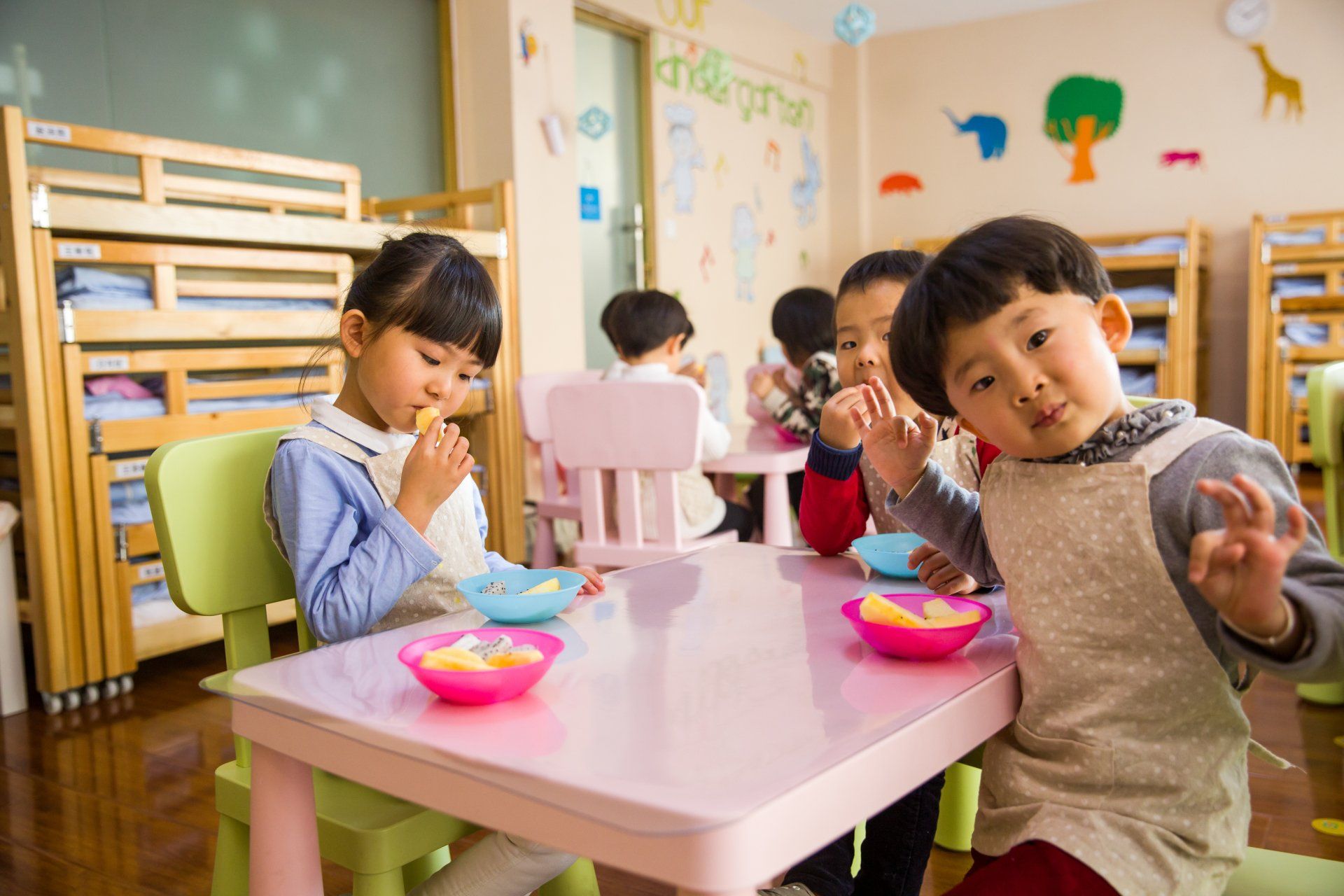
The Impact of Teacher-Student Ratios in Preschools and Montessori Schools Preschools and Montessori schools differ in many ways, including their teacher-student ratios. These ratios play a critical role in determining the quality of education children receive. Let's explore how these ratios came about and their impact on the learning environment. In traditional preschools, the teacher-student ratio is often higher, with one teacher responsible for a larger group of children. Higher ratios can result in less individualized attention for each child and fewer opportunities for personalized learning experiences. Montessori schools, on the other hand, prioritize smaller teacher-student ratios. This approach stems from the philosophy of Maria Montessori, who believed in creating environments where each child receives personalized attention and guidance. In Montessori classrooms, the teacher is a facilitator, guiding children through self-directed learning activities at their own pace. The smaller teacher-student ratios in Montessori schools allow teachers to truly understand each child's unique learning style, interests, and needs. Understanding learning styles enables them to tailor their teaching methods accordingly, providing individualized support and encouragement to help each child reach their full potential. Additionally, smaller ratios in Montessori schools foster community and collaboration among students. Children learn to work together, help each other, and develop vital social and emotional skills in a supportive environment. Overall, the smaller teacher-student ratios in Montessori schools contribute to a higher quality of education by promoting individualized learning, fostering meaningful relationships, and empowering children to become independent, lifelong learners.
